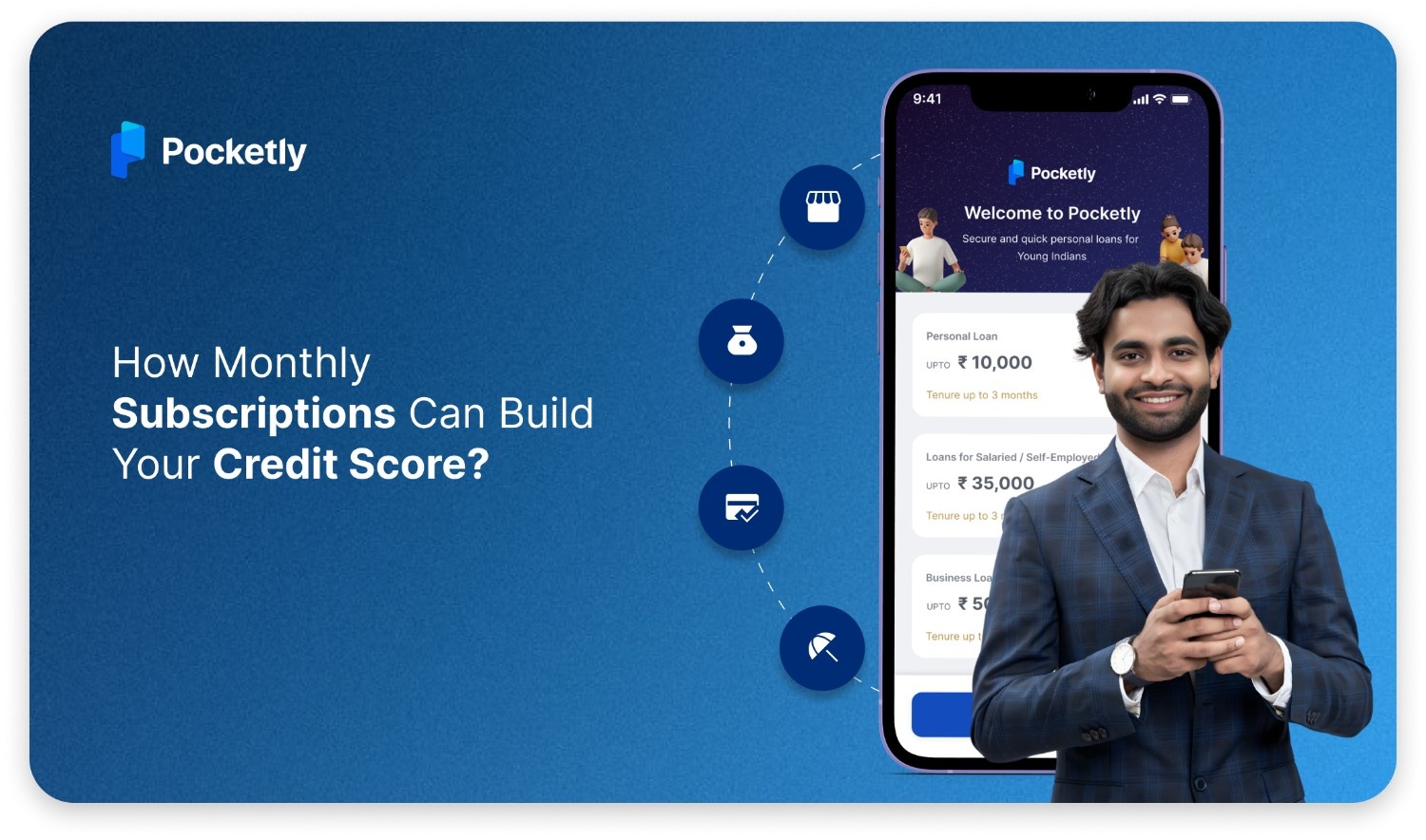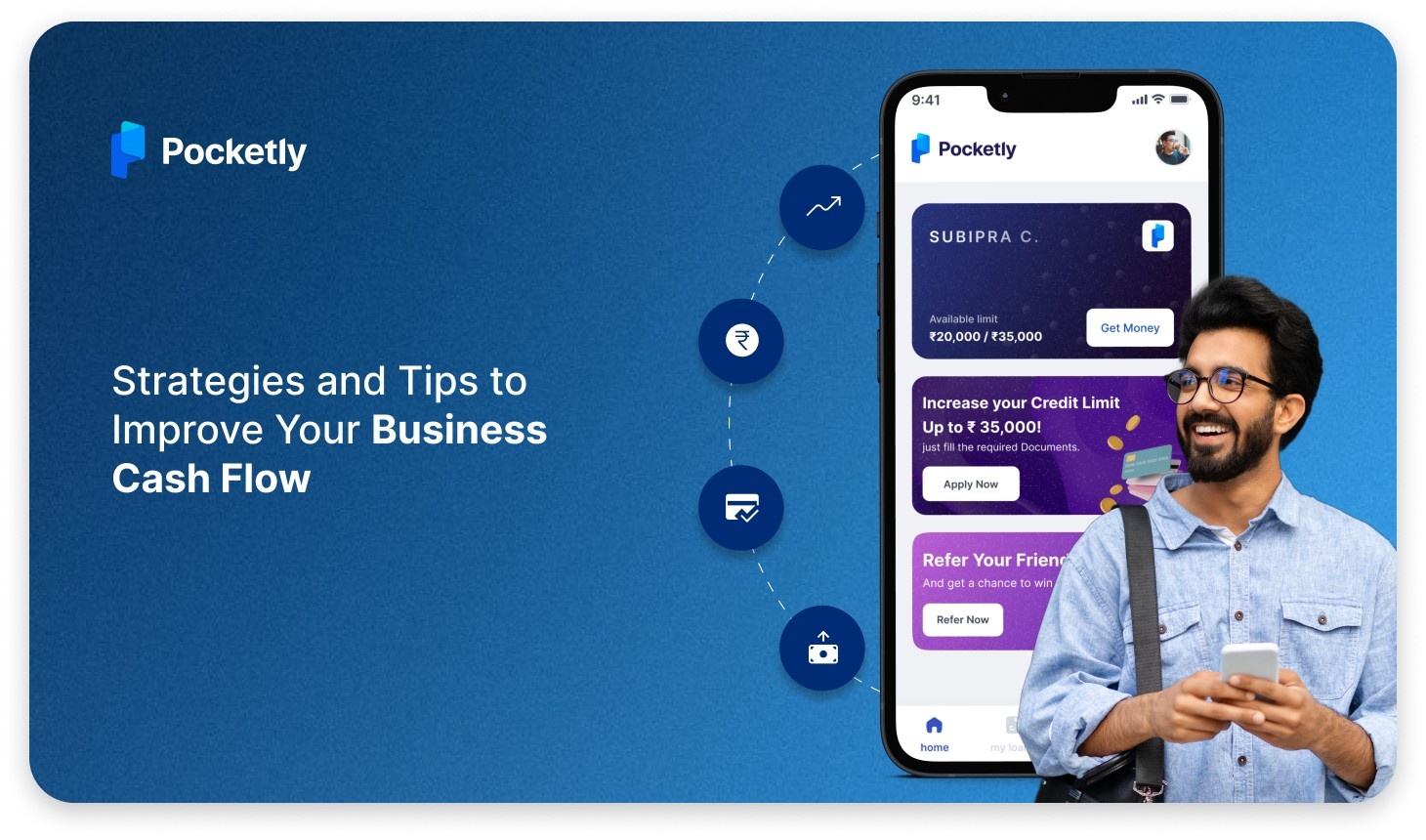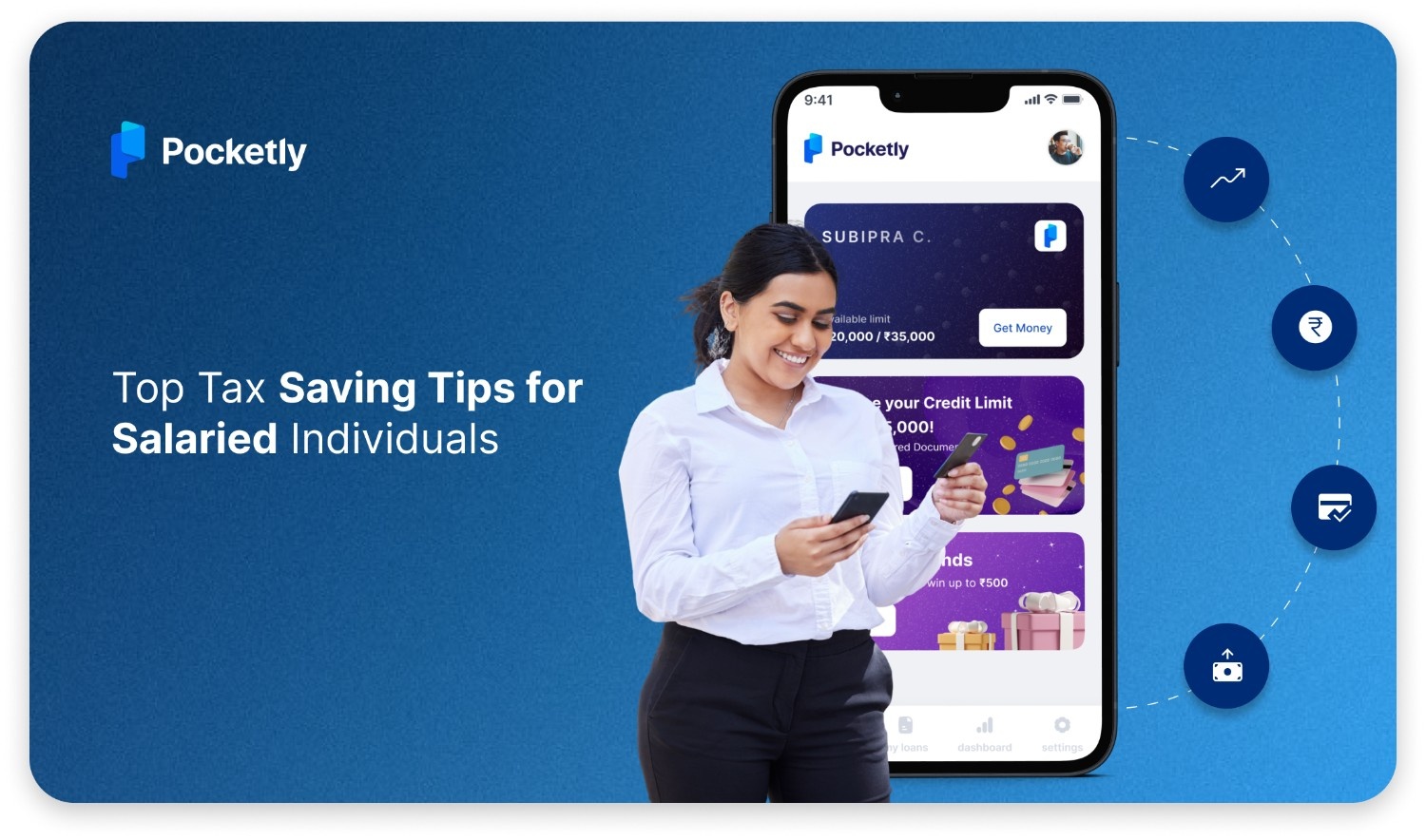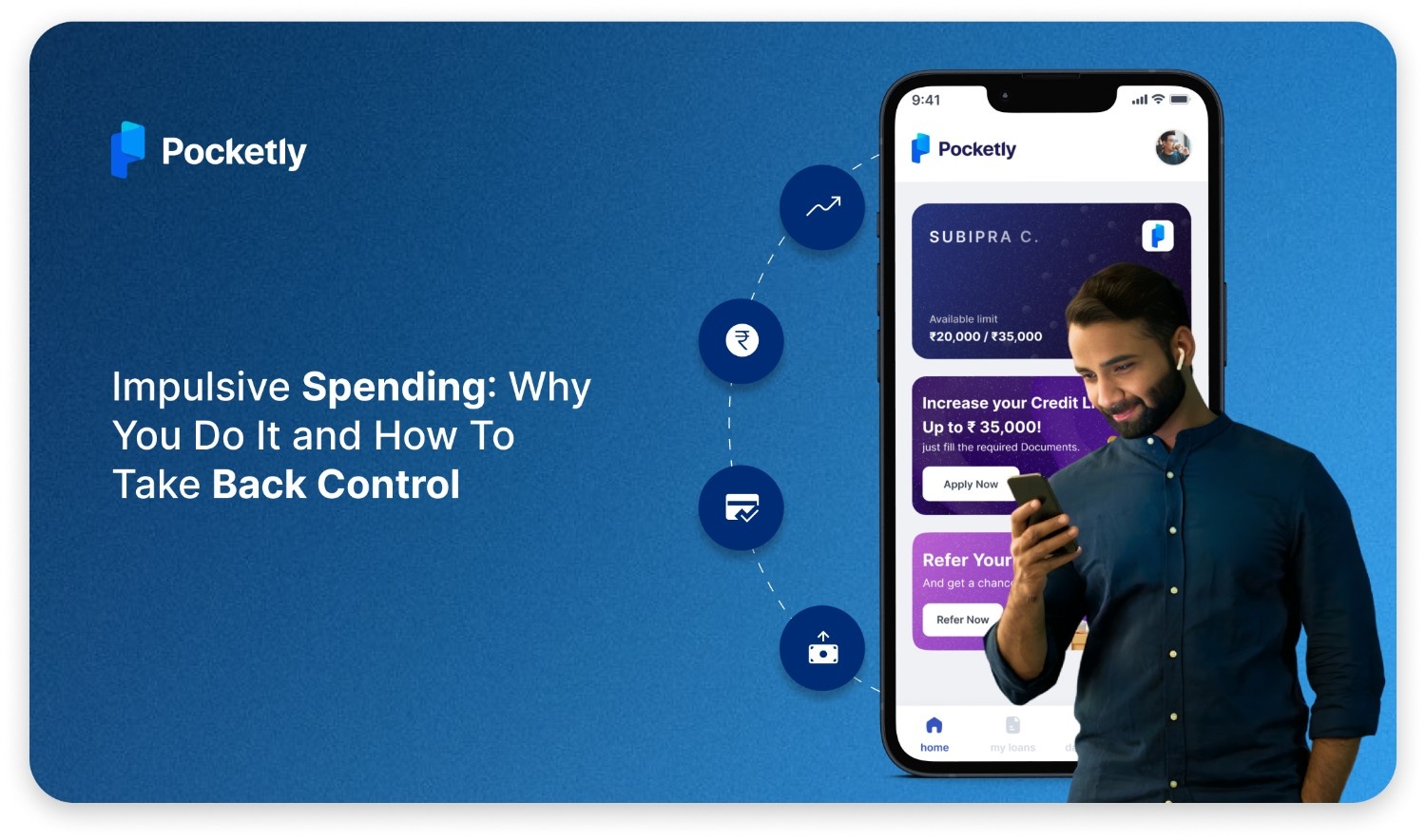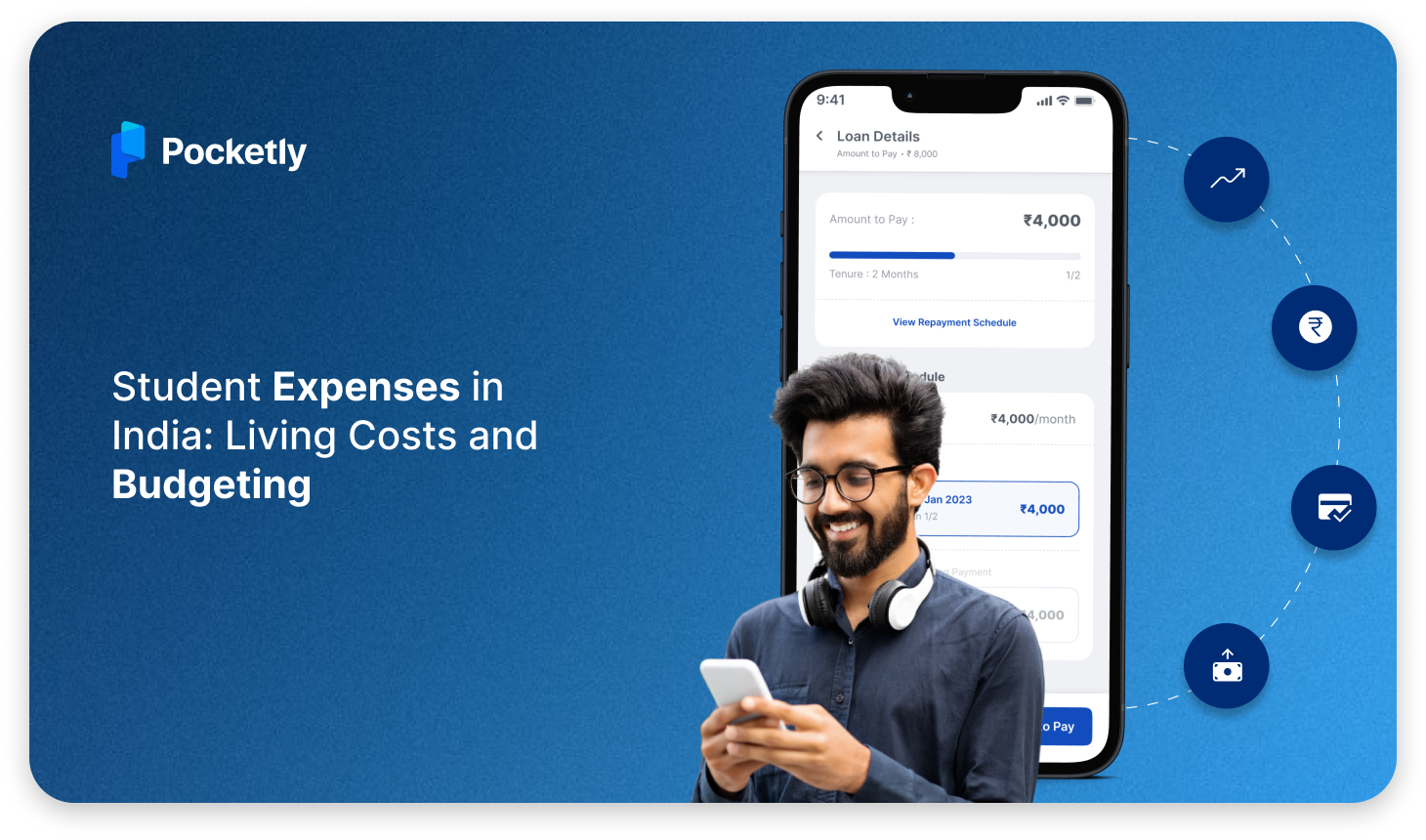If you're in your 20s or 30s and trying to figure out your financial game plan, understanding your credit score is a great place to start. A 730 credit score might seem like just another number, but it can open up a world of opportunities. Whether you’re thinking about taking out a loan for your dream car, getting approved for a credit card with perks, or even renting a new apartment, your credit score matters.
In this blog, we’ll break down what a 730 credit score means, why it’s important, and how you can keep it in good shape—or even improve it! We'll make it simple and straightforward, so you can start taking control of your financial future. Ready to dive in? Let's go!
What is a Good Credit Score?
So, what exactly is a "good" credit score? In simple terms, a good credit score typically falls between 670 and 739 on the CIBIL or FICO® scale. If your score is in this range, it means lenders view you as a low-risk borrower—someone who is likely to pay back loans and credit on time.
Having a good credit score doesn’t just give you bragging rights—it can lead to lower interest rates, better loan terms, and easier approvals for everything from credit cards to mortgages. Think of it like this: a good credit score is your golden ticket to better financial opportunities. The higher the score, the more doors you’ll open!
But here’s the thing: maintaining a good credit score is just as important as achieving it. By making payments on time, keeping your debt low, and monitoring your credit regularly, you can keep your score in good shape and even aim for an excellent score in the future!
Why Does a 730 Credit Score Really Matters?
A 730 CIBIL score is more than just a number—it’s a sign that you’re financially responsible and trustworthy in the eyes of lenders. With a score like this, you open the door to some great financial perks, including:
- Easier loan approvals
- Lower interest rates on loans and credit cards
- Better credit card offers with rewards and perks
- Higher borrowing limits when you need it
- More favorable loan terms overall
Maintaining a good credit score is key to keeping your financial health on track. By regularly checking your score and using credit responsibly, you can keep that number high, unlocking even better opportunities in the future!
Factors Contributing to a 730 Credit Score
A 730 credit score isn’t just a random number—it’s built on several key factors that demonstrate your financial reliability. Each factor affects your score differently, and understanding these can help you make better decisions when managing your credit. Here’s what goes into maintaining a solid credit score like 730:
1. Payment History (35% of your score)
Your payment history shows how consistently you’ve paid off debts like loans and credit cards. This is the single most important factor in determining your credit score.
- What to consider: Always pay bills on time to maintain a positive payment history.
- Why it matters: Lenders rely heavily on your payment track record to assess your creditworthiness.
- What helps: Set up automatic payments or reminders to avoid missing deadlines.
- Impact of late payments: Even one late payment can cause a significant drop in your score.
2. Credit Usage Rate (30% of your score)
This is the percentage of your available credit that you’re using. Also called credit utilization, it’s important to keep this number low to maintain a good score.
- What to consider: Aim to use less than 30% of your available credit.
- Why it matters: High usage suggests you may be over-reliant on credit, which is risky for lenders.
- What helps: Pay off balances in full each month or keep them as low as possible.
- How to lower usage: If possible, request a credit limit increase to lower your utilization ratio without reducing spending.
3. Length of Credit History (15% of your score)
The longer you’ve been using credit, the better. This factor looks at how long your credit accounts have been active, giving lenders an idea of your experience with managing debt.
- What to consider: Keeping older accounts open, even if you don’t use them, can boost this factor.
- Why it matters: A longer credit history shows you have more experience with credit.
- What helps: Avoid closing old accounts unless absolutely necessary.
- Impact of new accounts: Opening new credit accounts can shorten your average credit age.
4. Credit Mix (10% of your score)
A variety of credit types (credit cards, loans, mortgages) in your profile shows you can handle different kinds of debt responsibly.
- What to consider: Having a mix of both revolving credit (like credit cards) and installment loans (like car loans) is ideal.
- Why it matters: Lenders see a diverse credit portfolio as a sign of financial stability.
- What helps: Don’t open new accounts just to diversify, but do consider using a mix of credit over time.
- Impact of limited credit: Having only one type of credit (like just a credit card) may limit your score potential.
5. Recent Applications (10% of your score)
Every time you apply for new credit, it’s recorded as a hard inquiry. Too many inquiries in a short period can signal to lenders that you’re desperate for credit.
- What to consider: Limit how often you apply for new credit.
- Why it matters: Multiple inquiries within a short time can temporarily lower your score.
- What helps: Only apply for credit when necessary.
- Impact of hard inquiries: Each inquiry can drop your score slightly, but the effect fades over time.
Benefits of a Good Credit Score of 730
A 730 credit score puts you in a strong financial position. With this score, lenders see you as a reliable borrower, and you’re more likely to receive favorable offers across a range of financial products. Let’s explore the key benefits of maintaining a credit score in this range.
1. Loan Approvals and Better Interest Rates
One of the biggest advantages of a 730 credit score is easier access to loans and lower interest rates, which can save you a significant amount of money over time.
- What to consider: Lenders are more likely to approve loan applications when you have a good score.
- Why it matters: Lower interest rates mean you'll pay less on loans like mortgages, personal loans, and auto loans.
- What helps: A strong credit score reduces the risk in the eyes of lenders, allowing you to qualify for more attractive loan offers.
- Long-term savings: Over the life of a loan, lower interest rates can save you thousands in interest payments.
2. Credit Card Offers and Increased Borrowing Limits
A 730 credit score also opens doors to better credit card offers and higher borrowing limits, giving you more financial flexibility.
- What to consider: Credit card companies compete to offer you premium cards with better rewards.
- Why it matters: You may be eligible for cards with perks like cashback, travel rewards, and lower interest rates on balances.
- What helps: With a higher credit limit, you can keep your credit utilization low, which further boosts your score.
- Increased flexibility: Higher borrowing limits allow you to handle larger expenses without maxing out your credit cards.
3. Favorable Loan Terms and Lower Insurance Premiums
A good credit score doesn’t just affect loans and credit cards—it can also lead to more favorable terms on everything from personal loans to insurance premiums.
- What to consider: Lenders may offer better repayment terms, such as longer repayment periods or lower monthly payments.
- Why it matters: You’ll have more options to customize your loan to fit your budget.
- What helps: Insurance companies often use your credit score to determine premiums, so a higher score can lower your insurance costs.
- Broader impact: Beyond loans, this means savings on auto, home, or health insurance premiums.
4. Higher Likelihood of Rental Approvals
Your credit score can also influence your ability to secure rental housing. A 730 credit score makes it much easier to get approved for a lease.
- What to consider: Many landlords check credit scores to assess whether you’re likely to pay rent on time.
- Why it matters: A good score gives landlords confidence in your financial stability, increasing your chances of approval.
- What helps: Some landlords may even offer reduced security deposits or waive certain fees for tenants with strong credit.
- Smoother application process: With a higher score, you’ll face fewer hurdles in securing the rental property you want.
You might also learn more about the credit score and its basics with our guide on Understanding DBT, STD, LSS & DPD in CIBIL Report.
Strategies for Maintaining a 730 Credit Score
Once you've reached a 730 credit score, it’s essential to maintain good financial habits to either keep your score steady or even boost it further.
Here are some detailed points on how to effectively manage and protect your credit score:
1. Regular On-Time Payments
Consistently paying all your bills on time is crucial for maintaining a high credit score. Here's what to consider:
- Always ensure that credit card bills, loans, and utilities are paid by the due date to avoid late penalties and score drops.
- Automating payments can help you avoid missing any due dates.
2. Keeping Credit Card Balances Low
Keeping your credit card balances low relative to your credit limit is another key factor in maintaining your credit score. Here's what to consider:
- Aim to use less than 30% of your total available credit to keep your utilization rate low.
- Paying off your full balance every month can help you stay on top of your credit usage.
3. Monitoring Credit Utilization
It's important to regularly check how much of your available credit you're using. Here's what to consider:
- Monitoring your credit utilization ensures you don't overuse your available credit, which can negatively impact your score.
- Keeping your utilization low across all credit accounts, not just one, leads to a healthier credit profile.
4. Diversifying Credit Mix
Having a variety of credit types, such as credit cards, loans, and mortgages, can contribute to maintaining a good score. Here's what to consider:
- A mix of revolving credit (credit cards) and installment loans (like auto loans) reflects well on your credit report.
- While it’s good to have a diverse credit mix, don’t take on unnecessary credit just to diversify.
5. Avoiding Hard Inquiries
Each time you apply for new credit, a hard inquiry occurs, which can temporarily lower your score. Here's what to consider:
- Limit the number of credit applications you make in a short period to avoid multiple hard inquiries.
- Only apply for new credit when necessary, and focus on managing your existing credit responsibly.
Following these strategies, you’ll be able to maintain your 730 credit score and continue enjoying the financial perks that come with it.
Steps to Improve Your 730 Credit Score
So, you’ve hit a 730 credit score—congratulations! That’s a solid score, but there’s always room for improvement. Whether you’re aiming for an even higher score or just trying to maintain what you’ve got, here are some simple, practical steps to boost your score further.
1. Paying Off Outstanding Debts
If you’ve got any lingering debts hanging around, now’s the time to tackle them. The less debt you owe, the better your credit score will look.
- Start by paying off high-interest debts first.
- Set up a plan to chip away at your balances consistently—it makes a huge difference over time.
2. Lowering Your Credit Utilization Ratio
Credit utilization is a big deal when it comes to your score. This simply means how much of your available credit you’re using. The lower, the better.
- Aim to keep your credit usage below 30% of your total credit limit.
- If you’re using more, try paying down balances or asking for a credit limit increase (without adding more debt!).
3. Avoiding High Credit Utilization
On a similar note, avoid maxing out your credit cards or carrying high balances. High credit utilization can bring your score down even if you’re making payments on time.
- If you notice your balance creeping up, try paying it off in full each month.
- Keep an eye on your spending, and make sure you're not relying too much on your credit card.
4. Monitoring Your Credit Score
You don’t have to be obsessed with checking your score, but keeping an eye on it is smart. Monitoring your credit regularly helps you catch any errors or unexpected changes.
- Sign up for free credit monitoring services to get alerts and track your score’s movement.
- If you notice any discrepancies, take action right away to resolve them.
5. Establishing a Solid Credit Mix
Lenders like to see that you can handle different types of credit—whether it’s credit cards, loans, or a mortgage.
- If you only have credit cards, consider adding an installment loan (like a car loan or personal loan) to diversify your credit mix.
- Don’t go overboard, though! Only take on new credit when it makes sense for your financial situation.
Following these steps, you can steadily boost your 730 credit score and put yourself in an even better financial position. Small changes can lead to big improvements, and before you know it, you could be climbing into the “excellent” range!
Common Misconceptions About Credit Scores
Credit scores can be confusing, and it's easy to fall for some common myths. Let’s clear up a few misconceptions so you can better understand how your score really works.
1. Impact of Closing Credit Card Accounts
A lot of people think closing a credit card will improve their credit score, but that’s not always true. Closing an account can actually hurt your score by reducing your available credit and shortening your credit history.
- The truth: Keep older cards open, even if you don’t use them much. Having a longer credit history and more available credit helps your score.
2. Does Checking Credit Scores Lower Your Score?
This is a big myth! Checking your own credit score, whether through a service or directly with the credit bureaus, does not lower your score.
- The truth: Personal credit checks (also known as “soft inquiries”) don’t impact your credit. Only “hard inquiries” from applying for credit do.
3. Only Credit Card Usage Affects Your Score
Many people believe their credit score is only influenced by how they use credit cards. But in reality, all types of credit affect your score, including loans and mortgages.
- The truth: Installment loans (like car loans, student loans, or a mortgage) play a role in your credit score too. A healthy mix of credit types can improve your score.
4. Uniformity of Credit Scores Across Bureaus
You might think your credit score is the same no matter where you check it, but that’s not the case. Different credit bureaus (Experian, Equifax, and TransUnion) may report slightly different scores.
- The truth: Credit scores can vary slightly depending on the bureau. This is because they may have different data on you, but the general range is usually the same.
Knowing these common myths, you can have a better understanding of how your credit score really works and how to manage it wisely. Don’t let misconceptions hold you back from improving your score!
Next Steps to Transition from Good to Excellent Credit
If you’re sitting with a good credit score like 730, why stop there? With just a few additional steps, you can push your score into the excellent range, unlocking even more financial benefits. Here’s how you can make that leap:
1. Maintaining Healthy Financial Habits
Consistency is key. To move from good to excellent credit, you need to stick to the smart financial habits that got you this far.
- What to do: Continue paying your bills on time, keeping your credit utilization low, and avoiding unnecessary debt.
- Why it matters: Excellent credit is built on a foundation of steady, responsible financial behavior.
2. Regular Credit Report Monitoring
Keep an eye on your credit report regularly to catch any errors or unexpected changes. Monitoring helps you stay on top of your financial health.
- What to do: Check your credit report from all three bureaus at least once a year to ensure accuracy.
- Why it matters: Mistakes on your report can bring down your score, but you can dispute them and get them corrected.
3. Understanding and Reading Credit Scores and Reports
To reach the excellent credit range, it’s crucial to understand what goes into your credit score and how to interpret your credit report.
- What to do: Learn how to read your credit report so you can identify areas for improvement.
- Why it matters: Knowing what impacts your score allows you to make informed decisions that can boost it over time.
By following these steps, you'll be well on your way to transitioning from good to excellent credit, giving you access to the best financial opportunities out there. Small, consistent actions can make a big difference!
Maintaining a good credit score can be challenging, especially when unexpected expenses arise. If you find yourself in a financial pinch and need urgent funds, Pocketly is your go-to solution!
Also read our guide on Instant Loans on Mobile Without CIBIL Score
Even with a low credit score, Pocketly makes it possible to secure a personal loan. Let’s explore how it works!
How Pocketly Can Help You Secure a Loan Despite a Low Credit Score
When you need funds quickly, Pocketly makes the process simple and accessible. If you’ve ever worried that a low credit score might prevent you from getting the financial help you need, Pocketly is here to change that. With its user-friendly approach, securing a loan is much easier—even if your credit score isn't perfect.
Here’s How Pocketly Helps:
No Collateral Required
Unlike traditional loans, Pocketly doesn’t require collateral. You can apply for a loan without needing to put up assets like property or vehicles as security.
Quick Approval Process
Pocketly’s fast and efficient loan application process ensures you receive the funds you need in no time. Even if your credit score isn’t ideal, Pocketly streamlines the process to make it hassle-free.
Flexible Repayment Options
Understanding that repayment can be stressful, Pocketly offers flexible terms that allow you to choose a plan that fits your budget and lifestyle. This way, you can manage your finances without added pressure.
Build Credit While You Borrow
When you repay your loan on time with Pocketly, you’re not just clearing your debts; you’re also working on improving your credit score. Responsible borrowing can help rebuild your credit profile, making future financial opportunities more attainable.
Transparent Fees
Worried about hidden costs? Pocketly believes in transparency. You’ll know exactly what to expect, with no surprise fees or charges along the way.
So even if your credit score isn’t stellar, Pocketly can be your reliable partner for securing urgent personal loans quickly and without hassle.
Is It Helpful? Absolutely!
This approach not only gives you access to fast cash but also provides a great opportunity to build your credit history. By repaying on time, you can gradually improve your credit score. This is especially beneficial for 18-year-olds or students who are just beginning to navigate their finances and need a financial boost.
Whether it’s an unexpected expense or a last-minute emergency, Pocketly has your back—making loans accessible even if your credit score isn’t perfect!
Basic Eligibility Criteria for Applying at Pocketly:
- Age: Applicants must be between 18 to 60 years old.
- Employment: A stable source of income is required, whether you’re salaried or self-employed.
- Student Status: You must be currently enrolled in an accredited college or university.
- Residency: You need to be a resident of India.
- Bank Account: An active bank account is required for loan disbursement.
- Mobile Number Linked to Aadhaar: Your mobile number should be linked to your Aadhaar card for easy KYC verification.
With Pocketly, getting the funds you need has never been easier!
Conclusion
The world of credit scores can feel overwhelming, but remember that a 730 credit score opens up a world of possibilities. By understanding the factors that influence your score and implementing strategies to maintain and improve it, you’re setting yourself up for a brighter financial future.
And when life throws unexpected expenses your way, Pocketly is here to lend a helping hand, even if your credit score isn’t perfect. With quick approvals and flexible terms, you can get the funds you need without the hassle.
So, keep your financial habits strong, monitor your credit, and don’t hesitate to download the Pocketly app when you need a little extra support.
Your journey toward excellent credit and financial freedom starts now—take the next step with confidence!
FAQs
What can a 730 credit score get you?
A 730 credit score can lead to easier loan approvals, better interest rates, higher credit limits, favorable mortgage terms, and increased chances of rental approvals.
Is 730 a good CIBIL score?
Yes, a 730 CIBIL score is considered good, indicating that you are a reliable borrower in the eyes of lenders.
How can I improve my credit score past 730?
To boost your score, make on-time payments, keep your credit utilization low, diversify your credit mix, avoid excessive credit applications, and monitor your credit report for errors.
Can I get a personal loan with a 730 CIBIL score?
Yes, with a 730 CIBIL score, you’re likely to be approved for personal loans and may receive favorable interest rates.
How often should I check my credit score?
It's a good idea to check your credit score at least once a year and regularly monitor your credit report to catch any inaccuracies early.
Can I get a loan from Pocketly with a low credit score?
Yes! Pocketly is designed to help individuals secure loans even with a low credit score. They focus on a quick approval process and flexible terms to meet your needs.
What are the eligibility criteria for applying at Pocketly?
To apply for a loan with Pocketly, you must be between 18 to 60 years old, have a stable source of income, be a resident of India, have an active bank account, and ensure your mobile number is linked to your Aadhaar card for verification.





